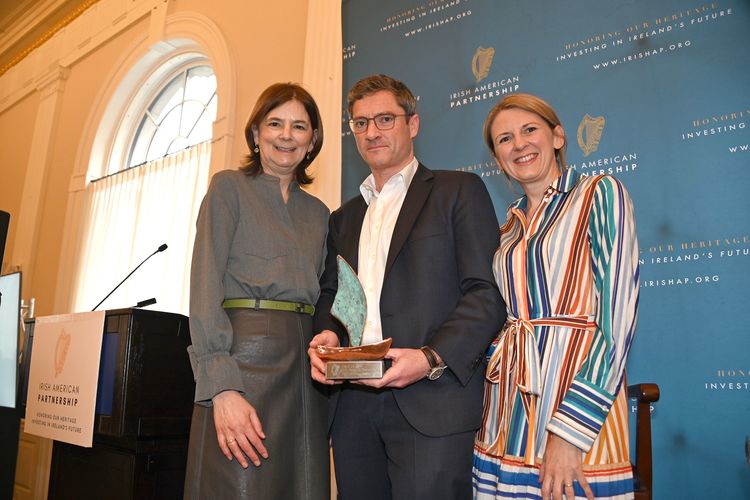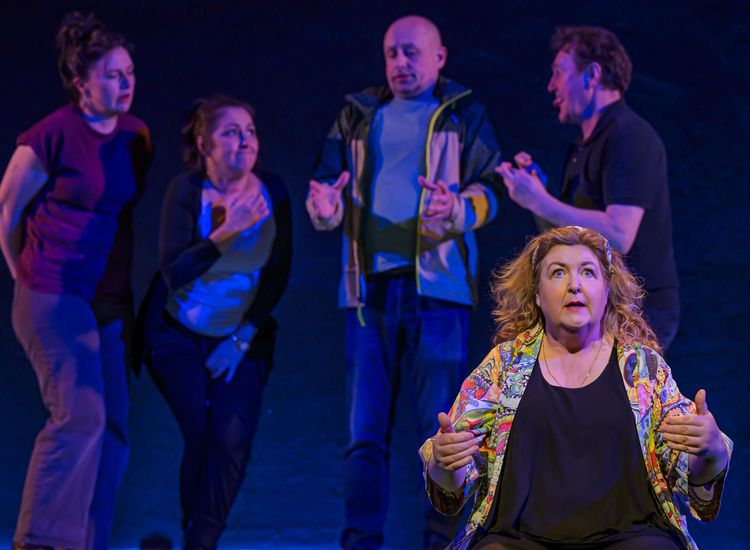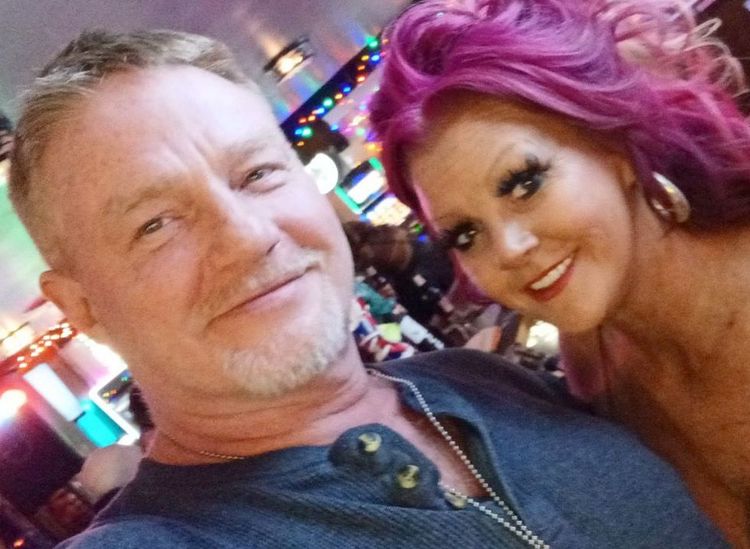Edward Conlon became established with his “Cop Diary” in the New Yorker magazine and his memoir “Blue Blood.” His latest novel, “The Policewomen’s Bureau,” is about female cop who wants to make a real difference in the NYPD.
By Nora Scally
Author Edward Conlon combines history and personal experience in his most recent novel, “The Policewomen’s Bureau.”
His passion for history and law enforcement came from within his family. His father “was a fanatical reader, primarily of history” and after serving as a Marine in World War II, became an FBI agent.
Just like his father, Conlon loved reading and writing. He went on to join the New York Police Department in the 1990s.
“I was a police officer and detective in the NYPD from 1995 through 2011, mostly in the South Bronx. I walked a beat in the housing projects, worked narcotics, and was a detective in the Yankee Stadium area,” said Conlon, whose forebears moved from Mayo and Sligo to America in the first half of the 20th century.
“I had been a writer before I went on the job, and I wound up writing for the New Yorker about policing, in a series called ‘Cop Diary,’ under the pseudonym Marcus Laffey. Last year, I came back to the NYPD, as a civilian director in communications. I'm more or less a writer-in-residence. It's a great job.”
Prior to the publication of “The Policewomen’s Bureau,” Conlon had written “Red on Red,” a detective novel that follows similar “casework and camaraderie of the squad room” as Conlon knew it. Before that he wrote “Blue Blood,” his own personal memoir and history of his family’s involvement with law enforcement.
Conlon stayed true to his interest in police work and history with “The Policewomen’s Bureau,” in which he tells a fictionalized account of the life and career of Marie Cirile.
Cirile was a detective for the NYPD for 20 years. She joined the force in the 1950s and fought for recognition in a male-dominated industry.
“I wasn't sure where to go with the next project, but a friend of mine, a casting agent, asked me for stories about women police officers,” said Conlon, “The story of Marie Cirile came to mind immediately. She'd written a memoir in the mid-70s, right after she'd retired. She'd done all kinds of crazy undercover cases and had been in a couple of shootings. She was a real action-hero, at a time when policewomen were mostly assigned to guarding female prisoners.”
Conlon became immersed in her story, and wanted to share it with the world. He tracked her down and became friends with her and listened to her tell of her past with New York’s Finest. They struck a deal with each other, allowing Conlon to fictionalize aspects of her story to write his novel.
“As cops, Marie and I had a fair amount in common. Our families had moved from the Bronx to Yonkers, blocks away, at around the same time,” said Conlon, “But, when she started working the late ‘50s, she was an Italian in an Irish department, and a woman in a man's job. Her boss, Theresa Melchionne, was determined to open things up for women in policing – there were a no women on patrol, or in supervisory ranks.”
Conlon’s novel follows the fictional Marie Carrara, as she navigates a sexist workplace, criminals and undercover work in 1950s New York. He has carefully and deliberately told a story of a real woman, a woman that wanted to make a difference on the streets of New York City.
“There were a few female detectives, but none in Homicide, or Robbery, or precinct squads. There was a great deal of pressure for Marie to prove that she could do this often dirty job while remaining feminine,” said Conlon, At the highly scripted press conferences that followed the big arrest, she was always careful to add the message: "No matter what happens on the street, I'm always home by six to make dinner for my husband and daughter."










